The Elementary Education program at UCF provides high-quality education for students in preparation for teacher certification in Elementary Education (Grades K-6). Through quality school-based student teaching internships and reflective practice, UCF meets the needs of school districts in Central Florida.
Graduate and doctoral programs are also available for certified teachers who are seeking advanced knowledge and skills as well as career advancement.
Degree Programs
- K-6 Certification
- Professional Studies (non-certification)
- Lifelong Learning (non-certification)
Elementary Education, MA
Elementary Education, MEd
K-8 Mathematics and Science Education, MEd
If you are seeking a program that will lead to teacher certification in art, reading, world languages or physical education (Grades K-12), please see our Secondary Education programs.
Faculty
-

Laura Albers-Biddle, Ed.D.
Senior Lecturer -
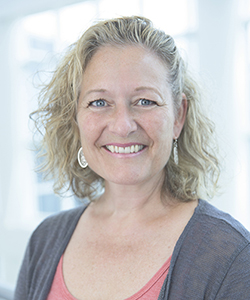
Norine Blanch, Ph.D.
Associate Lecturer -
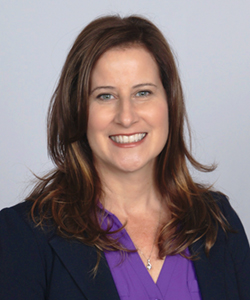
Lisa Brooks, Ed.D.
Senior Lecturer -
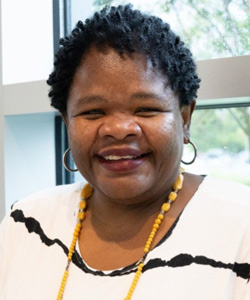
Constance Goodman, Ed.D.
Associate Lecturer and Program Coordinator -

Gina Gresham, Ph.D.
Associate Professor -
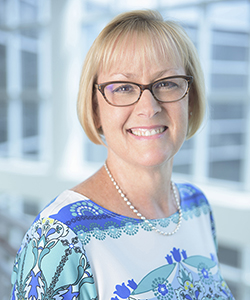
Elizabeth Hoffman, Ph.D.
Senior Lecturer -
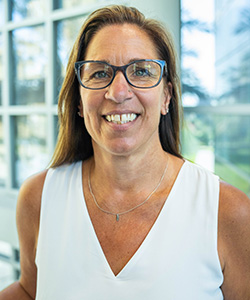
Kelly Jennings-Towle, Ed.D.
Director, Immersive Experiences -
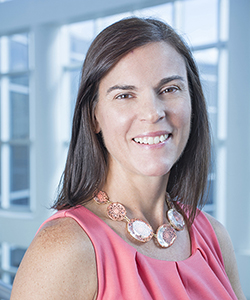
Michelle Kelley, Ed.D.
Professor -

Analexis Kennedy, Ed.D.
Lecturer -

Irina McLaughlin, M.A.
Instructor -
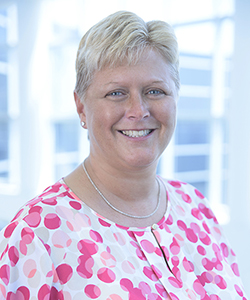
Cyndi Rengifo, M.A.T.
Associate Instructor -

Sherron Killingsworth Roberts, Ed.D.
Professor and Robert N. Heintzelman Literature Scholar -
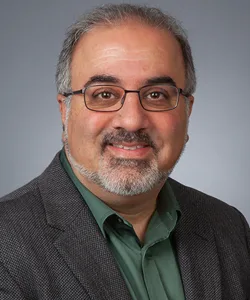
Farshid Safi, Ph.D.
Associate Professor and Associate Director -

Lee-Anne Trimble Spalding, Ed.D.
Senior Lecturer and Program Coordinator -
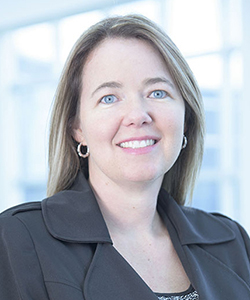
Shane Trenta, Ed.D.
Associate Lecturer -
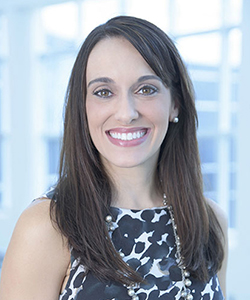
Taylar Wenzel, Ed.D.
Senior Lecturer
